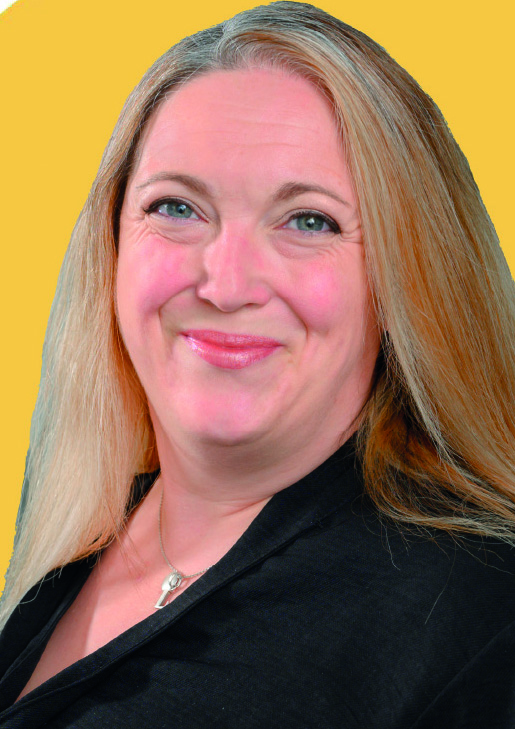
It has been another profitable year so far for the early years mergers and acquisitions (M&A) market, with large groups in the sector continuing to grow.
Kids Planet is rapidly approaching 200 settings, Ashbourne Nurseries has bought up Harp Nurseries and Dutch chain Partou has merged Just Childcare and All About Children under its brand to become one of the top five groups in the UK by size.
In fact, data from broker Redwoods Dowling Kerr (RDK) found that on average, the market share for groups with 15 or more settings nearly doubles every three years.
 Leah Turner, co-founder of Owen Froebel, says large corporates are driving the M&A market, alongside new entrants.
Leah Turner, co-founder of Owen Froebel, says large corporates are driving the M&A market, alongside new entrants.
Register now to continue reading
Thank you for visiting Nursery World and making use of our archive of more than 35,000 expert features, subject guides, case studies and policy updates. Why not register today and enjoy the following great benefits:
What's included
-
Free access to 4 subscriber-only articles per month
-
Unlimited access to news and opinion
-
Email newsletter providing activity ideas, best practice and breaking news
Already have an account? Sign in here









